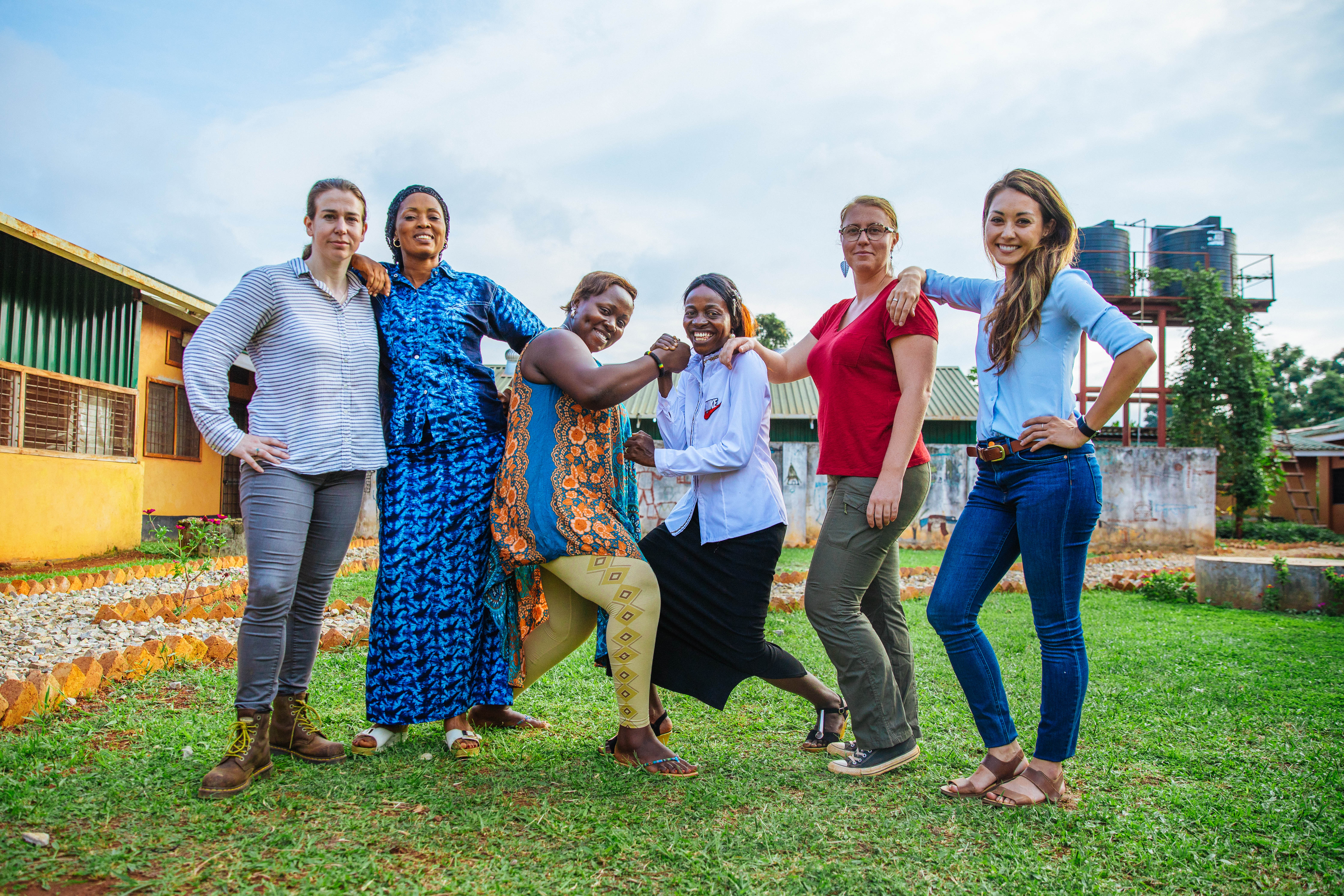On October 31, 2000, the UN Security Council (UNSC) adopted resolution 1325 on Women, Peace, and National Security. This resolution, and seven subsequently related resolutions, dedicate the UN to the idea that “we cannot achieve sustainable peace without women’s full, equal and meaningful participation in all levels of decision-making”. Its measures outline several ways the UN urges nations to incorporate a gendered aspect to conflict resolution and ensure that women are active members of peace processes. From participating in decision-making meetings, to verifying that the needs and experiences of women and girls during conflict are accurately reflected, the UNSC has committed to empowering women to make meaningful contributions to peace-building. Their annual Women, Peace, and Security Open Debate took place recently on October 29th, and emphasized the importance of women’s relationship to peace initiatives.
Ms. Alaa Salah, a Sudanese student and anti-government protester, presented a powerful opening statement describing the impact of women’s participation in the Sudanese revolution recently, and urging the Security Council to account for, support, and ensure women’s rights to the peacekeeping process. 70% of Sudanese protestors whose actions helped oust Sudanese dictator Omar Al-Bashir were women, despite gendered restrictive laws against their participation in civil society. Following Al-Bashir’s fall from power, women were underrepresented in peace talks, and today remain underrepresented in the current regime. For decades, they faced human rights abuses under a Al-Bashir, and such abuse continues post-revolution, as women face inequality, sexual violence, and discrimination. In her statement, Salah pressed the Security Council to ensure the inclusion of diverse voices, including women, during conflict resolution, to strengthen freedom, peace, and justice.
Efforts to consider, research, and amplify women’s voices in areas of conflict are critical to peace-building as a whole. Data shows that when women are involved in peace processes, peace is 35% more likely to last over 15 years. Women are brilliant, bold, and key agents to promoting conflict resolution. They are able to engage with civil society in depth – making them an essential piece of effective peacekeeping. Research demonstrates that around the world, high levels of gender equality is linked to lower levels of conflict and violence.
From UN-backed peace processes to the community level, women’s participation is essential to establishing long-lasting peace and to the overall wellbeing of communities. That’s why, as we work with communities across central Africa, we are constantly taking steps to encourage and equip women to become active participants in the process. From leading and participating in local peace committees to volunteering as radio operators in our Early Warning Network to analyzing trends in violence, women are key players in every aspect of our work.

By including women in every step of the peace process, communities and nations become safer, stronger, and more resilient. Women’s voices are critical components of conflict resolution and community building. We are proud and grateful to work with many brilliant and powerful women who are working to make their communities and others safer every day.
Think people should hear about this?